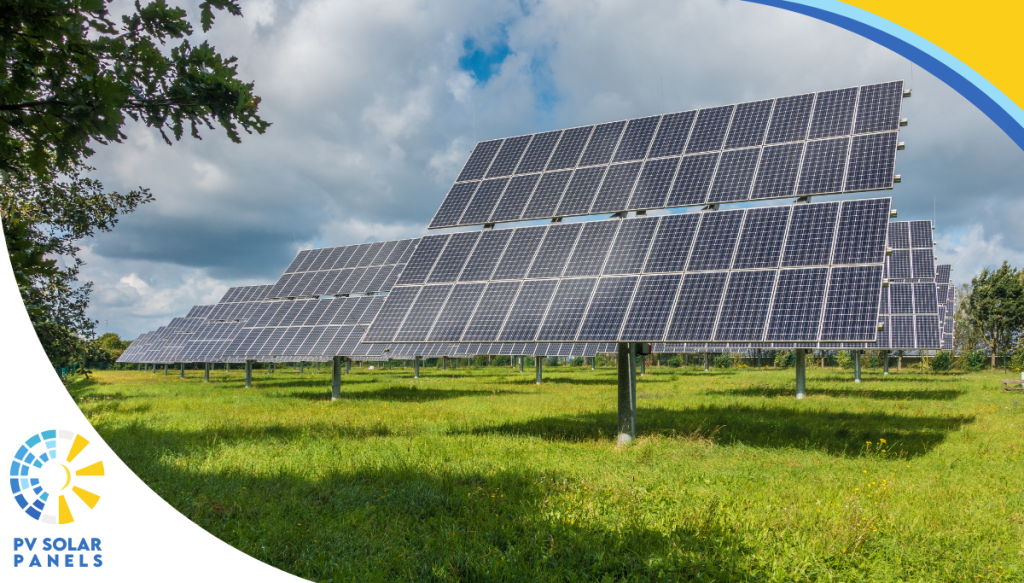The world is rapidly turning to renewable energy sources in its quest for a sustainable future. Solar energy has become the front-runner among them. But how does it compare to more conventional power sources? With an emphasis on issues like cost, environmental effect, dependability, and scalability, this article examines the contrasts between solar power and conventional power.
1. Comparing Prices
Traditional energy sources like coal and gas were previously more cost-effective due to the high upfront expenses of installing solar panels. The price of solar energy has been drastically declining, nevertheless, as a result of technological and industrial advances.
Solar power frequently proves to be the more economical choice when looking at long-term savings, particularly with growing electricity prices. Solar energy is becoming even more inexpensive thanks to a number of incentive schemes and tax breaks that exist globally.
2. Environmental Effects
The environmental impacts generally associated with conventional power sources are considerably reduced by solar energy. The lack of greenhouse gas emissions during operation is crucial to this. Solar power generates energy with almost no emissions, significantly lowering its environmental impact. Burning fossil fuels produces enormous amounts of CO2 and other pollutants.
Additionally, because sunshine is an endless resource, solar power’s renewability enables long-term environmental sustainability. Although the construction of solar panels requires the use of resources and produces emissions, lifecycle analyses demonstrate that solar panels recover the energy used in their creation in a few years and then go on to provide clean energy that is net positive.
Despite the difficulties associated with end-of-life disposal, improvements in recycling techniques provide encouraging options, making solar power a more and more sustainable energy choice.
3. Power Independence
One major benefit of solar electricity that appeals to many homes and companies is power independence. Users may produce their own power and become less reliant on the national grid and fossil fuels by installing solar panels. This enables them to manage their energy expenses and protect themselves from fluctuating energy rates. Furthermore, net metering systems allow solar power customers in many areas to input extra energy back into the grid, generating a second source of revenue.
Solar also provides options for rural areas where connection to the electricity grid could be challenging or expensive. Here, solar may support energy independence by delivering dependable off-grid electricity. As a result, solar energy fosters resilience and sustainability at the individual and communal levels in addition to promoting financial independence.
4. Versatility
Solar energy is more adaptable than conventional energy sources. Solar panels may be scaled up or down to fit a variety of demands, from modest residences to enormous farms. While portable solar power options offer a useful off-grid solution, their use in isolated places gives only short-term power sources.
Additionally, solar technology may be incorporated into structures as a component of their design, demonstrating its versatility. Due to its adaptability, solar energy can play a crucial role in the quest for a sustainable future.
5. Job creation
Along with the other advantages mentioned solar power is also a substantial job creator. As the solar industry grows, it is generating jobs at a rate much faster than the overall economy. These roles span a broad spectrum from manufacturing, system design, and installation, to maintenance, sales, and research and development.
Furthermore, the sector is creating opportunities for high-skilled roles, including engineers, data analysts, and researchers, and is also driving employment in associated sectors such as energy storage and electric vehicle.
The continued growth and diversification of the solar sector could help drive economic recovery efforts, particularly in regions transitioning away from traditional fossil fuel industries, underscoring the significant socio-economic value of renewable energy.
6. Noise Pollution
With solar electricity, noise pollution—a serious environmental issue connected to conventional power sources—is all but eradicated. Due to the mechanical processes involved, traditional power plants and generators can produce a significant amount of noise when in operation. This can have a negative impact on quality of life, especially for those who live close to these facilities, as well as nearby ecosystems.
Solar panels, however, run quietly. They don’t need any moving components, thus there are no noise emissions as they convert sunlight straight into energy. As a result, solar energy is especially well-suited for installation in residential areas and other noisy settings like hospitals and schools. Solar power improves community wellbeing by lowering noise pollution, which results in a cleaner, calmer, and more tranquil atmosphere.
Conclusion
While conventional power sources have long served as the backbone of the world’s energy production, the trend is shifting in favor of clean energy sources like solar power. Solar power is more than just a viable option; it is quickly taking over due to its declining prices, little negative effects on the environment, and potential for energy independence.
The transition to renewable energy is not only an issue of environmental duty but also of economic caution as the globe continues to struggle with the reality of climate change. Adopting solar energy is a critical step in this approach since it offers a long-term, environmentally friendly energy alternative.
Can Solar Panels Play a Part in Stopping Global Warming?
Photovoltaic solar panels represent a critical component of sustainable energy solutions. By converting sunlight directly into electricity, PV panels generate power without releasing harmful emissions, making them environmentally friendly. Unlike non-renewable energy sources like coal or gas, sunlight is inexhaustible, making solar energy a truly renewable, sustainable choice.
Moreover, solar panels can operate for 25 to 30 years or more, ensuring a long lifespan of clean energy generation. As technology improves and costs continue to decrease, PV solar panels stand at the forefront of sustainable energy, playing a pivotal role in reducing our reliance on fossil fuels.
The fight against global warming is greatly aided by photovoltaic solar panels. With no greenhouse gas emissions while in operation, they immediately convert sunlight into energy. This stands in sharp contrast to fossil fuels, whose burning emits enormous volumes of CO2 and contributes to global warming. By switching to solar energy, we can drastically lower our carbon footprint and sluggish the rate of climate change.
Solar energy is also a sustainable option in the long run because it can be generated from unending sunshine and is renewable. In order to reduce global warming, PV solar panels provide a practical answer, helping to create a cleaner, more sustainable environment.




